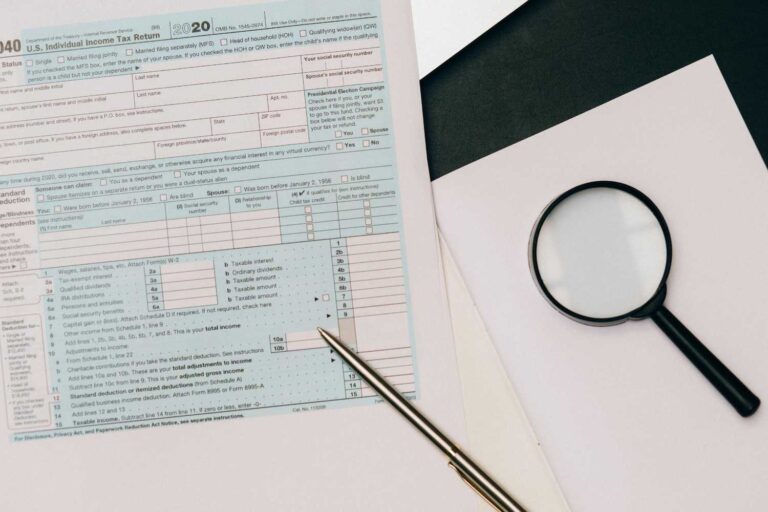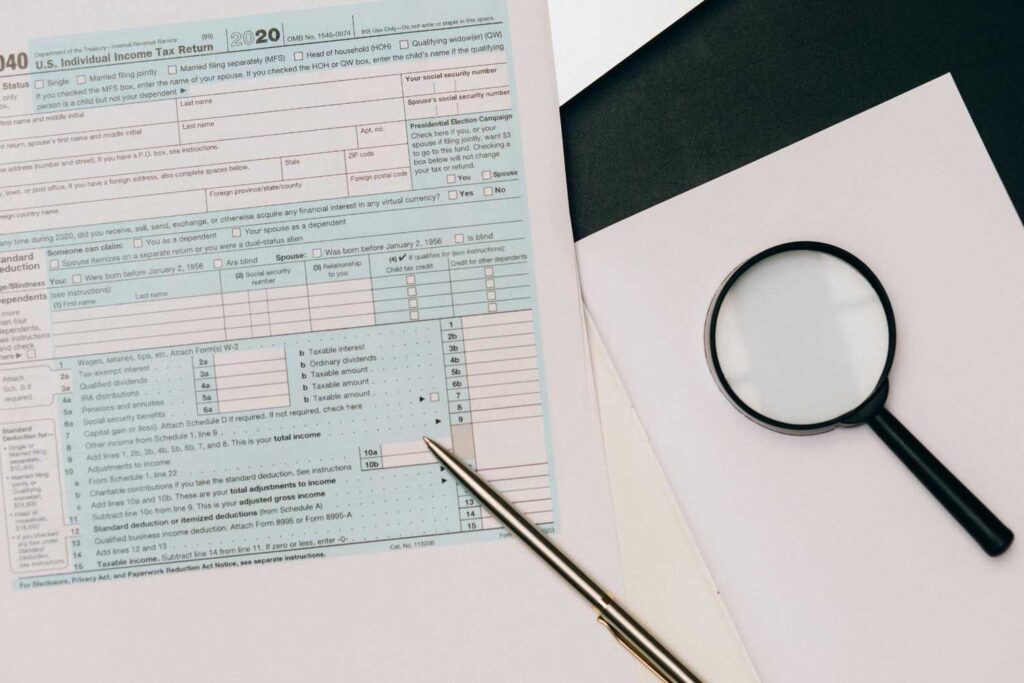In today’s fast-moving business world, financial transparency and compliance aren’t optional they’re essential. For companies in the United Arab Emirates (UAE), adopting IFRS-compliant accounting standards (International Financial Reporting Standards) is more than a regulatory requirement it’s a strategic advantage.
Whether you run a startup, SME, or large corporation, understanding the importance of IFRS compliance can help you make smarter financial decisions, attract investors, and stay fully aligned with UAE laws and tax regulations.
What Is IFRS and Why It Matters
IFRS (International Financial Reporting Standards) are globally recognized accounting principles designed to ensure consistency, transparency, and comparability in financial statements across different countries.
Developed by the International Accounting Standards Board (IASB), IFRS provides a single, trusted framework that businesses worldwide use to present their financial position clearly and accurately.
In short, IFRS helps companies “speak the same financial language” globally making cross-border investments and partnerships smoother and more reliable.
The UAE’s Commitment to Global Financial Standards
Over the last decade, the UAE has positioned itself as a global hub for trade, finance, and investment. With thousands of international firms operating locally, the government has prioritized financial transparency and global compliance.
To support this, the UAE mandates IFRS compliance for most businesses, especially those listed on the Dubai Financial Market (DFM), Abu Dhabi Securities Exchange (ADX), and other regulated entities.
By adopting IFRS, the UAE aligns its corporate sector with international standards building trust, credibility, and investor confidence on a global scale.
7 Key Reasons Why IFRS Compliance Matters for UAE Businesses
1. Builds Investor Confidence
Investors prefer transparency. IFRS ensures that financial statements are standardized and globally understandable, giving investors confidence in the accuracy of your financial data.
When UAE firms produce IFRS-compliant reports, they’re sending a clear message: we’re credible, transparent, and ready for global investment.
2. Enables Global Comparability
One of the biggest benefits of IFRS is that it allows easy comparison between companies worldwide.
If your UAE business wants to partner with an investor or buyer from Europe or Asia, IFRS-based reports simplify the evaluation process creating smoother negotiations and stronger global opportunities.
3. Ensures Legal and Regulatory Compliance
The UAE Ministry of Economy, Federal Tax Authority (FTA), and free zone regulators like DMCC, DIFC, and JAFZA require IFRS-based financial reporting.
Failing to comply can lead to penalties, audits, or license suspension. By following IFRS, your business not only stays compliant but also maintains a clean, professional reputation in front of authorities and clients.
4. Improves Decision-Making and Financial Insight
IFRS promotes consistency in how assets, liabilities, income, and expenses are reported. This makes your financial statements more reliable helping management make data-driven business decisions.
With clear, standardized financials, you can easily assess cash flow, profitability, and long-term growth opportunities.
5. Simplifies Access to Global Markets
If your goal is expansion, IFRS compliance is your ticket to the world.
Many international investors, lenders, and business partners require IFRS-based statements before entering any deal. For UAE firms, this makes it easier to secure foreign investment, international loans, or strategic partnerships.
6. Boosts Brand Credibility and Reputation
Trust is the backbone of business growth. Companies that follow IFRS appear more professional and dependable to clients, banks, and regulators.
In a competitive market like the UAE, being IFRS-compliant sets you apart from less transparent competitors and builds long-term credibility.
7. Eases Mergers, Acquisitions, and Audits
Whether you’re selling your business, merging, or attracting investors, IFRS-compliant financial statements make the due-diligence process faster and easier.
Standardized records allow auditors and potential buyers to quickly assess value, reducing risks and speeding up transactions.
Common Challenges with IFRS Implementation
While the benefits are huge, many UAE companies especially small and medium enterprises find it challenging to adopt IFRS. Some common hurdles include:
- Limited in-house accounting expertise
- Outdated or incompatible accounting software
- High training costs for finance staff
- Confusion about specific IFRS interpretations for unique industries
The good news? These challenges are easily overcome by working with a professional accounting firm that specializes in IFRS compliance and UAE regulations.
The Role of Professional Accountants and Auditors
IFRS implementation requires deep technical knowledge. That’s where qualified accountants and auditors come in.
They not only ensure your reports meet IFRS standards but also provide expert insights into:
- Corporate tax compliance
- Financial structuring and reporting
- Risk assessment and audit preparation
Partnering with a professional IFRS-certified accounting firm gives your business a competitive edge ensuring accuracy, transparency, and peace of mind.
How IFRS Compliance Connects to UAE Corporate Tax
With the UAE introducing Corporate Tax in 2023, maintaining accurate IFRS-based records is now more crucial than ever.
The Federal Tax Authority (FTA) requires businesses to submit tax returns based on properly maintained financial statements that comply with IFRS. Inaccurate or non-compliant accounting could result in penalties or tax disputes.
By aligning your financial reporting with IFRS, you ensure your tax calculations are precise and compliant—protecting your business from unnecessary financial or legal risks.
Practical Tips to Stay IFRS-Compliant
Here are a few actionable steps UAE businesses can take:
- Train your finance team on the latest IFRS updates.
- Use cloud-based accounting software that supports IFRS reporting.
- Hire or consult IFRS-certified professionals.
- Conduct regular internal audits to spot compliance gaps.
- Stay informed about new regulations from the UAE Ministry of Economy and FTA.
Implementing these practices will help you maintain accuracy, transparency, and compliance year-round.
Conclusion: Compliance Is a Smart Business Move
In the UAE’s fast-evolving economy, IFRS compliance is not just a legal requirement it’s a growth strategy.
By adopting IFRS, you enhance your company’s transparency, credibility, and financial reliability. It shows investors, partners, and regulators that your business operates at a global standard of excellence.
Whether you’re an established corporation or a growing SME, embracing IFRS accounting will position you for long-term success in the UAE and beyond.
Ready to Take Your Business to the Next Level?
If you’re searching for an IFRS-compliant accounting firm near me, look no further. Our team of certified accountants and financial consultants specializes in UAE corporate tax compliance, IFRS financial reporting, auditing, and business advisory services.
We help companies like yours stay compliant, transparent, and growth-ready all while saving time and reducing risk.
Contact us today to schedule a free consultation and see how professional IFRS accounting can elevate your business to global standards.
Partner with experts who understand UAE regulations so you can focus on what truly matters: growing your business.





